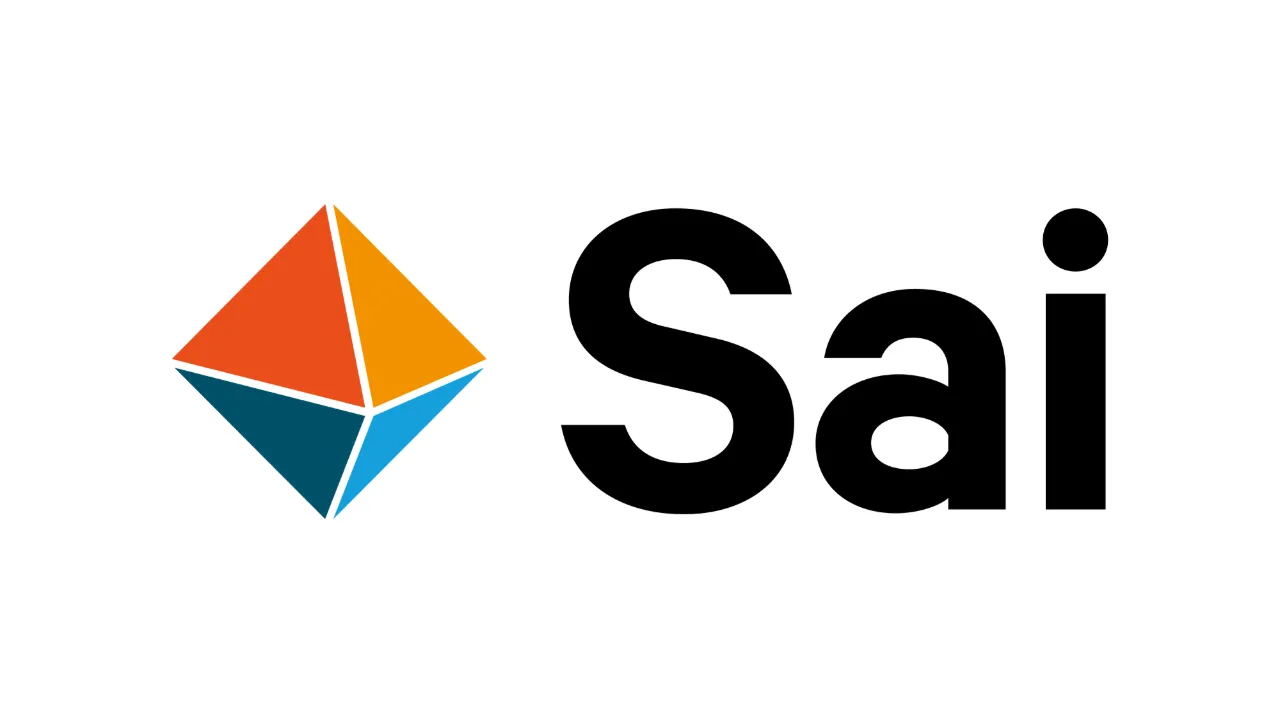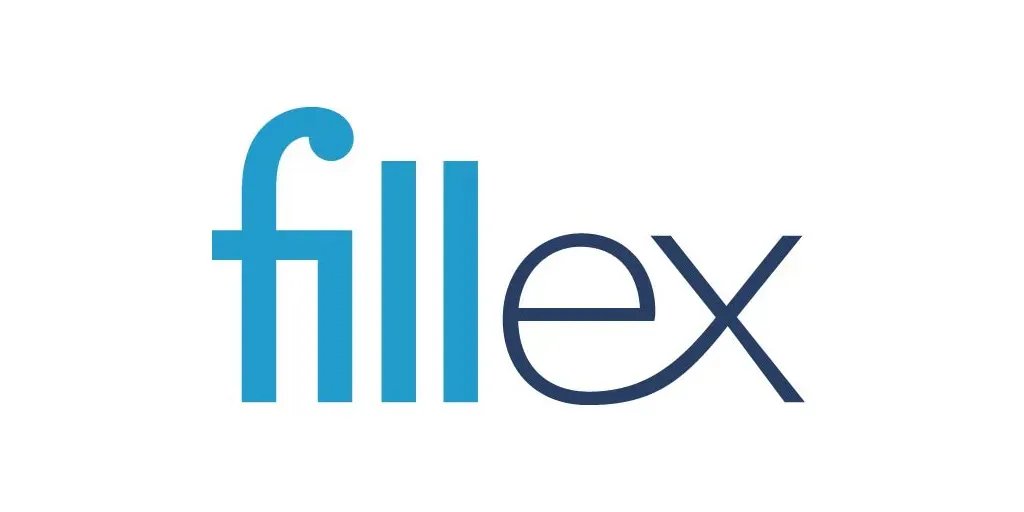WASHINGTON — This week the Department of Justice (DOJ) filed a complaint in intervention in a whistleblower lawsuit brought under the False Claims Act (FCA) by Baron & Budd against CVS Pharmacy for their harmful opioid dispensing practices.
Adding to allegations made in the whistleblower lawsuit, the DOJ complaint alleges that CVS Pharmacy knowingly filled millions of unlawful prescriptions for controlled substances that lacked a legitimate medical purpose, were not for a medically accepted indication, or were not issued in the usual course of professional practice. Due to this alleged conduct, taxpayer-funded healthcare programs like Medicare, Medicaid, and Tricare, which only cover the costs of valid prescriptions issued for legitimate medical purposes, ended up bearing the cost of these questionable prescriptions and paid substantial amounts of federal dollars to CVS pharmacies, in violation of the FCA.
DOJ’s intervention follows the complaint originally filed by Baron & Budd in 2019. That complaint, filed by a former CVS Pharmacy Manager whistleblower, alleged similar violations of the Controlled Substances Act (CSA) and FCA. The whistleblower pharmacist accused CVS of incentivizing and pressuring pharmacists to rush and fill prescriptions regardless of validity. On multiple occasions, the whistleblower raised concerns to the CVS district manager, but no action was taken.
In fact, the lawsuit alleges that when the pharmacist raised concerns either nothing was done, or she was pressured by the district manager to take on more opioid customers with the focus always being on increasing the script count for the store.
After the federal government investigated the whistleblower’s allegations, DOJ chose to intervene and take over the lawsuit in part. The DOJ intervening in the lawsuit signals a ramp-up in federal activity to rectify the opioid crisis and its efforts to combat healthcare fraud. This comes after the DOJ recently obtained a $409 million settlement in a similar whistleblower case against Rite Aid that was also filed by Baron & Budd.
"We are pleased that the DOJ has decided to intervene in this case and hold CVS accountable for the blatant violations of their duty to responsibly dispense controlled substances, which has led to an immeasurable amount of harm to customers and millions of taxpayer dollars spent on fraudulent prescriptions," said Baron & Budd shareholder Scott Simmer."
In response, CVS issued the following statement:
"We have cooperated with the DOJ’s investigation for more than four years, and we strongly disagree with the allegations and false narrative within this complaint. We will defend ourselves vigorously against this misguided federal lawsuit, which follows on the heels of years of litigation over these issues by state and local governments—claims that already have been largely resolved by a global agreement with the participating state Attorneys General.
The government’s lawsuit seeks to impose a shifting standard for pharmacy practice. Many of the litigation theories laid out in the complaint are not found in any statute or regulation, and relate to topics on which the government has declined to provide guidance. Each of the prescriptions in question was for an FDA-approved opioid medication prescribed by a practitioner who the government itself licensed, authorized, and empowered to write controlled-substance prescriptions.
CVS Health has been an industry leader in developing innovative programs to fight opioid misuse. As one example, 12 years ago CVS Pharmacy pioneered a first-of-its-kind program to block controlled-substance prescriptions written by doctors of potential concern. To date, we have blocked more than 1,250 practitioners, including nearly 600 prescribers who the government continues to license. This program is not required by any statute or regulation, and CVS Health repeatedly has defended lawsuits from those alleging we go too far in blocking opioid prescribers.
The government’s lawsuit intensifies a serious dilemma for pharmacists, who are simultaneously second-guessed for dispensing too many opioids, and too few. For more details about this dilemma, visit “Our Opioid Response.”









